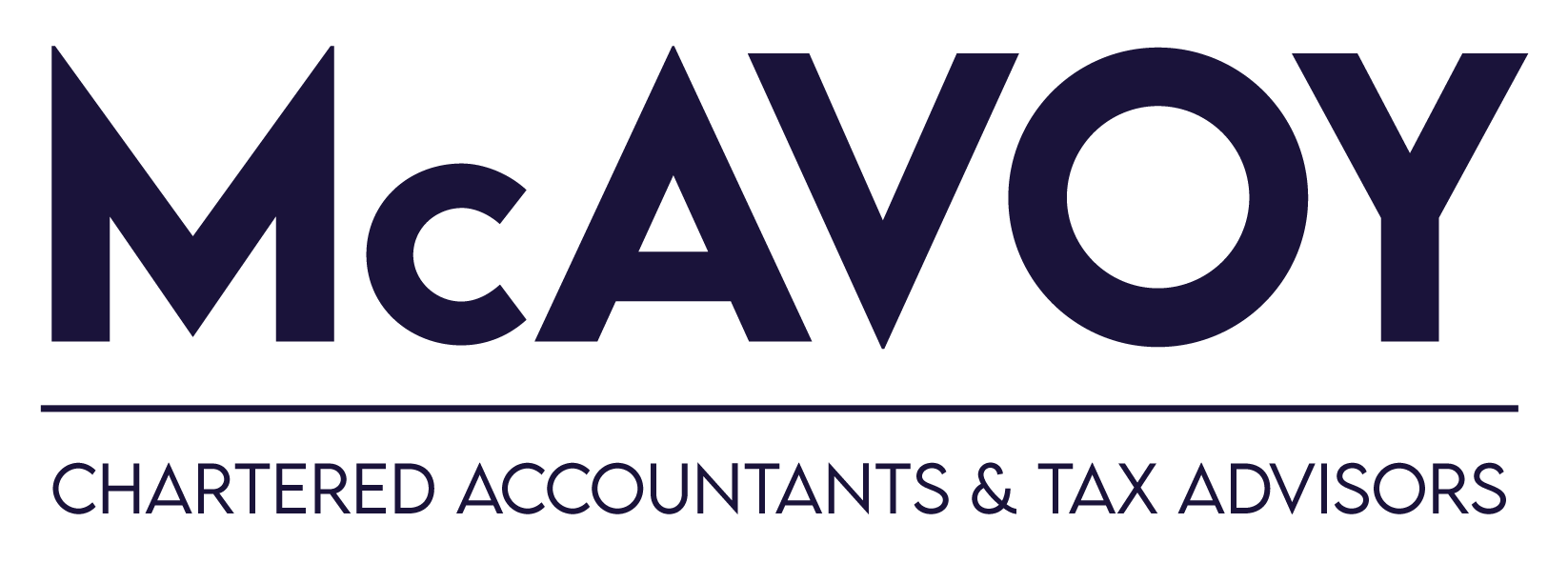This is our second article on tax-effective Will Planning, reviewing the tax treatment of the most commonly inherited assets and how your successors can use Inheritance Reliefs to reduce their tax liability.
Your ARF: a tax privilege and a tax trap, all at the same time.
The benefits of having your pension assets transferred to an ARF (Approved Retirement Fund) on your retirement are clear: income tax relief is available at your marginal rate of tax on a gradually increasing percentage of your taxable salary. In addition, any gains or returns on the investments made in your ARF are not subject to Capital Gains Tax or Income Tax while they remain in the Fund .
However, although your ARF may be beneficial to you, the same may not be said for your successors.
Although an ARF can be inherited as it passes to your estate on death, the tax treatment varies, depending on the inheritor.
For example, if you plan to pass your ARF to your spouse, then he or she can inherit the pension fund tax-free. On the other hand, if you plan to pass on the ARF to your niece or nephew, this can result in a heavy tax burden. Not only will your pension provider deduct Income Tax at the marginal rate from the value of the assets in your ARF before the assets are transferred to your estate for distribution to your successors, your niece or nephew will then also have to pay Capital Acquisitions Tax [CAT] at 33% on the balance. Effectively, between Income Tax and CAT charges, Revenue will receive nearly 60% of the value of the ARF This is just one of the anomalies that apply to inheritances of ARF assets and something that it is very important to consider when drafting your will and dividing up assets between successors.
How to take account of your home.
It’s often said that a person’s home is their castle. If you’re not careful, however, it can be a millstone around the neck of your successors.
A well-known CAT relief for inheriting a home is the dwelling house exemption. The relief, once very popular, allowed parents to pass the family home onto their children, tax-free. Since 2016, however, additional criteria for availing of the relief have made it difficult for most successors to avail of the exemption. In addition to living in the house for the three years prior to inheritance, the inheritor must also live in the house for a further six years after the transfer and cannot have an interest in any other dwelling house in that time period.
Failing the dwelling house exemption, the other main reliefs when it comes to non-business assets are the tax-exempt thresholds. Currently, children can inherit up to €335,000 from parents, provided they have not previously received a gift or an inheritance from their parents since 5 December 1991. As an additional hedge against the rapidly rising value of property, parents might also consider investing in a Section 72 or Section 73 policy to cover the cost of their children’s tax bill in the event of their death.
Business Relief and Agricultural Relief
When it comes to inheriting business or agricultural assets, as opposed to property, successors have far more scope to avail of tax reliefs in order to reduce their potential CAT liability.
For successors inheriting a business, an interest in a business or more than 25% of the unquoted shares of a company, Business Relief can reduce the taxable value of the inherited assets by up to 90%. In addition, land or property that is owned by the disponer but which was used primarily for the benefit of the disponer’s business can be included under the umbrella of the relief. This relief aims to ensure the continuity of thriving multigenerational businesses in Ireland, by preserving the assets associated with the business from one generation to the next.
Of course there are conditions attached to the relief, tied in with the aim of business continuity. If you utilise Business Relief, any sale of the business assets or cessation of the business within 6 years of the valuation date will result in a clawback of the relief claimed, unless the assets are replaced within a period of one year or the cessation occurs as a result of a bona fide winding up of the business.
Similarly, Agricultural Relief aims to assist the transfer of farms from one generation to the next, without impinging on the profitability of the agricultural business. This relief is valuable as it includes not only the farmland, stock, plant and machinery of the farm but also the farmer’s dwelling house.
Qualifying inheritors must meet several conditions in order to avail of the relief, such as holding a relevant agricultural qualification or working full-time as a farmer. In addition, the value of the farm assets must represent at least 80% of the value of the total assets held by the inheritor personally. For this reason, anyone considering the use of the Agricultural Relief when passing on a farm would be well advised to start planning their estate with their successor in plenty of time to ensure that their successor can meet the relevant conditions.
In the event that Agricultural relief is not available to inheritors, there is still the potential to apply for Business Relief on the inheritance of the farm assets, although it is not possible to claim Business Relief on the farmhouse.
Like Business Relief, Agricultural Relief has a clawback period of six years, extended to ten years if the farmland is sold as development land. When making your Will and disposing of your business or farm, it is important to keep these additional provisions in sight or your inheritors could end up with a sizeable tax burden in the future!
Working with your successors on planning your estate is vitally important to avoid the burden of an unnecessary tax liability. If you or your successors need help and advice to plan the best and most flexible succession structures for the future, feel free to contact any member of our tax team on (021) 4321321 or email Dara Burke, Stephanie Kirby or Joe McAvoy at info@mcavoy.ie. .
*This article is written in general terms and should not be relied on as a comprehensive summary of the relevant tax law. Advice should always be sought before any action is taken.

